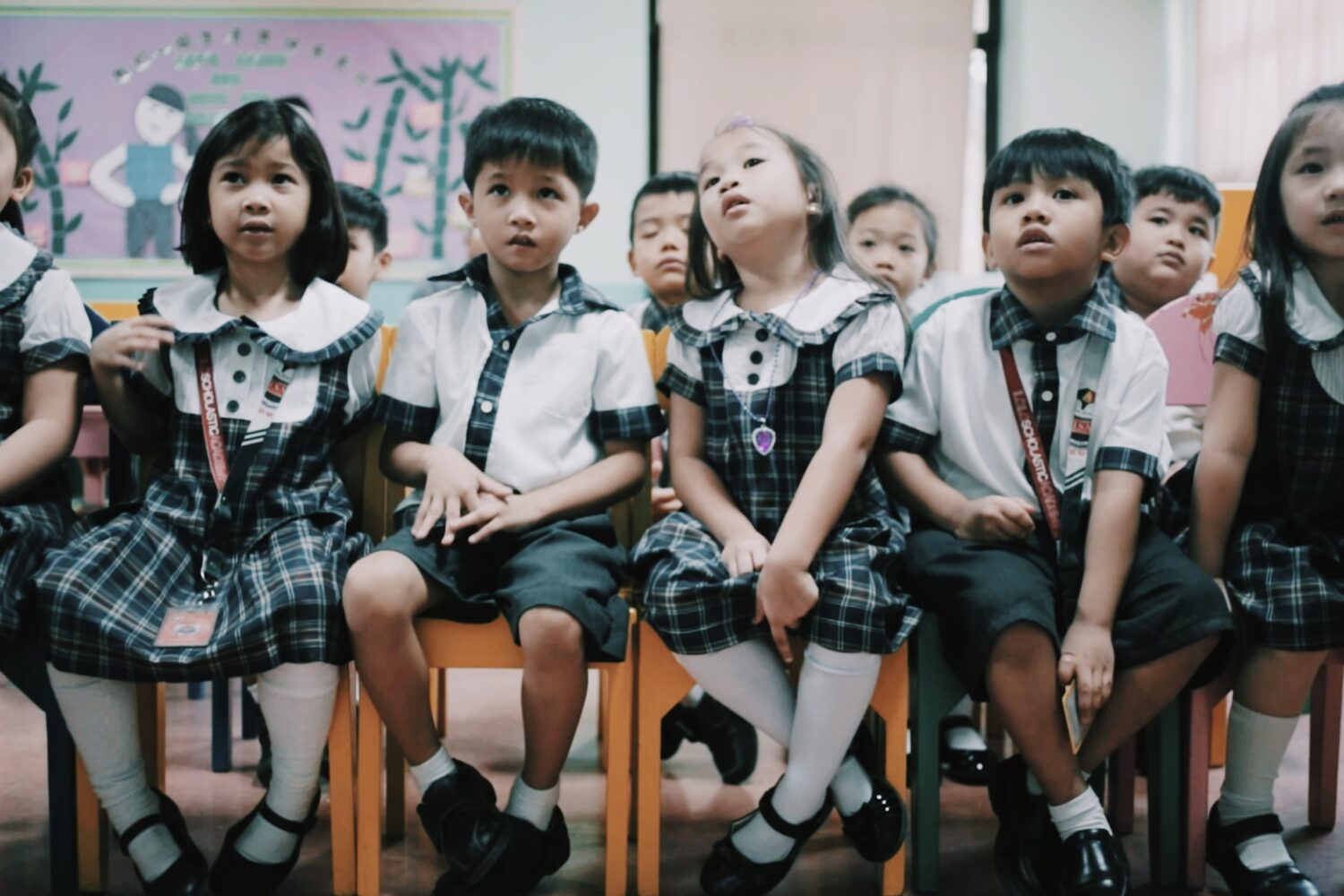Our preschool learning program is designed to nurture young ISAers during their years of greatest growth and development.
Kindergarten is the transition period from informal to formal literacy. Ages 3 to 5 are within the critical years in which positive experiences must be nurtured to ensure school readiness.
Research has shown that this is the period of greatest growth and development. It is also the stage when self-esteem and moral foundations are established. During this period, their minds’ absorptive capacity for learning is at its sharpest. Children are able to understand the world by exploring their environment.
Scroll below for our approach to kindergarten education.
Learning to read, write, and speak is at the core of the early years of instruction in English.
After 2 years of knowing the alphabet and the sound of each letter, enjoy listening to stories, poems, and rhymes, Kinder 2 children are ready to read simple stories with comprehension, and answer easy questions related to the stories. They also learn simple grammar rules which conveniently prepare them to face the formal English lessons in grade school.
Overall, our goal is to inspire curiosity and fire up their eagerness to learn.
Learning the Filipino language starts at Kinder 2. Children are introduced to the distinct pronunciation of letters, in order to acquire adequate vocabulary to enable them to reach the level of skills necessary to learn the lessons in grade 1.
Since Filipino widely differs from the local dialect in our locality, the subject is taught using the second language approach, in contrast to English which is treated as the first language of the children. As such, non-native children do not find it especially difficult to learn the subject if they start early in our school.
Children as young as 3 (Nursery) to 5 (Kinder 2) years old are ready to learn, and can gradually attain mastery on basic mathematics concepts such as color, shape, size, numbers from 0 to 100 (focusing on 0-10), length, weight, volume, time, money, picture graphs, and single-digit addition and subtraction.
The Standard-Based Assessment (administered by an independent entity) at the end of every school year for all Kinder-2 learners has proven this. 98% – 100% of the kindergarten ISAers consistently achieve a Highly-Proficient rating.
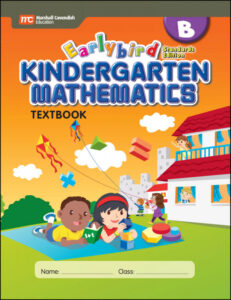
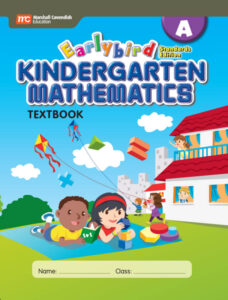
Forming solid numerical-logical concepts is particularly crucial before a child attends grade school. To help the children hit their targets, aside from providing them with competent mentors, we believe that the selection of pedagogically appropriate, logically organized, child-centered learning materials is the second-most important aspect of their learning.
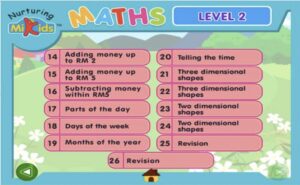 .
. 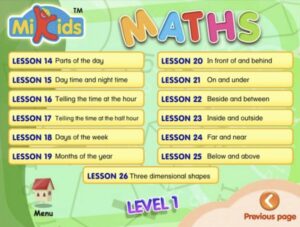
In the course of nearly 2 decades, our preschool has blossomed from aligning its mathematics program with the national standard to that of embracing the internationally recognized competencies.
For over a decade, young ISAers have been working on the materials written by educators with decades of experiences in writing preschool and primary school textbooks — Earlybird Kindergarten Mathematics, and supplemented by the MI Kids Math project.
Our Science course takes 3 years to complete. Our empirical approach complements the procedural skills developed in the course of the study.
Children who successfully complete the course will have laid the foundations of a knowledge base about the world. They will have access to a multitude of observable facts, and to the reasoning skills needed to make the facts meaningful. They will be familiar with the branches of science, such as zoology, botany, and hygiene. In the end, the children will be in a strong position to tackle subjects in elementary, high school, and at university.
Below are two examples of the interactive powerpoint presentations used in class:
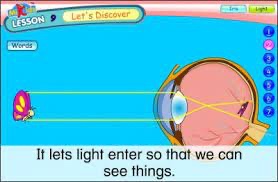
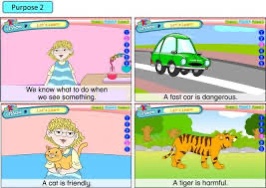
Our values course differs from other academic subjects in that it is not concerned with objective facts about the world, but with values, judgements and appropriate behavior.
Children are presented with interesting stories, guided to do role playing, and posted with relevant questions. They are presented with vivid illustrations that demonstrate good and bad behavior for them to distinguish the one from the other. The situations are carefully chosen to illustrate universal moral choices, and to avoid culture-specific issues. The children are expected to become aware of the social importance of respect, politeness and concern of others.
In this course, children learn different parts of computer system and actually perform simple functions using the mouse and keyboard. They log on to a computer network and are able to use age-appropriate software activities to support learning.

Begin your ISA journey.
View our application process or contact us to learn more about our programs.

